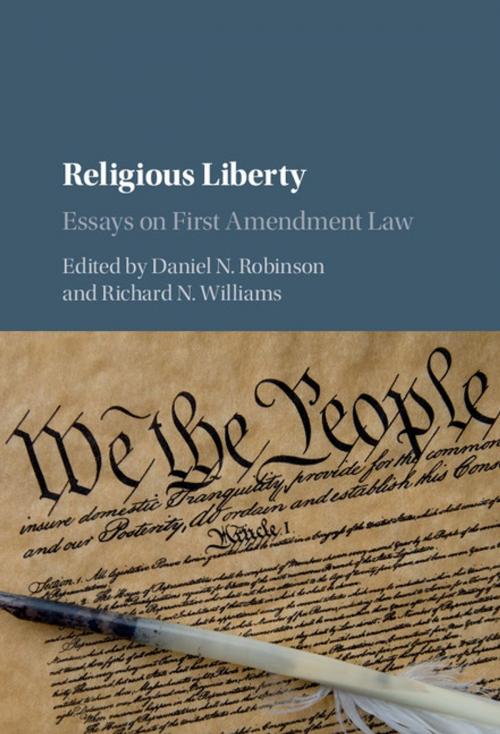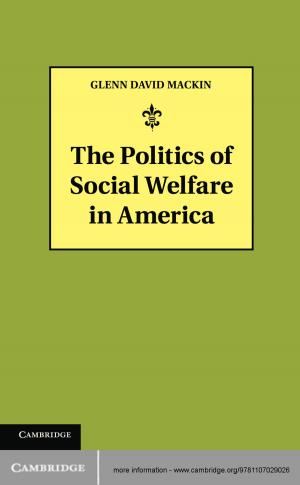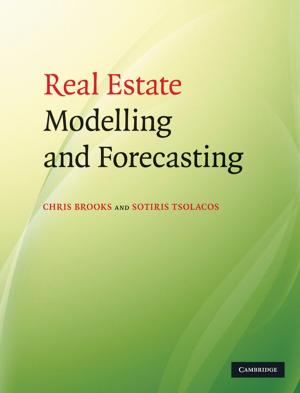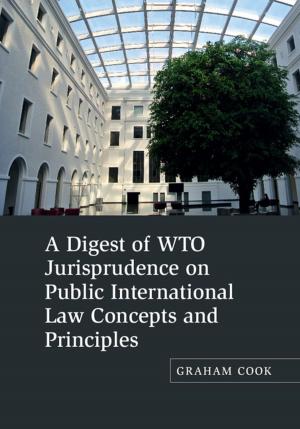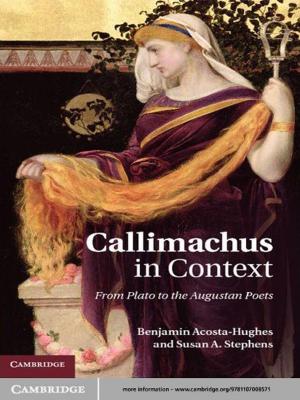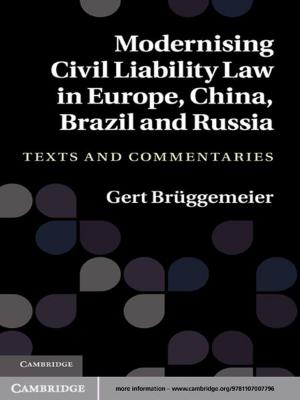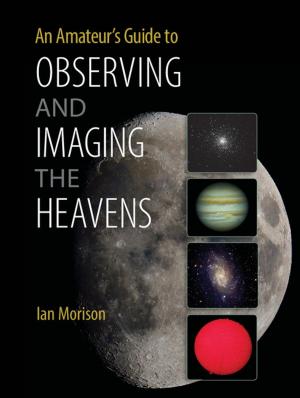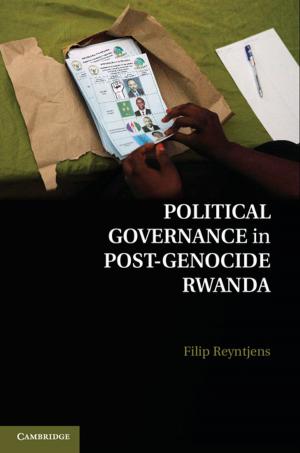Religious Liberty
Essays on First Amendment Law
Nonfiction, Reference & Language, Law, Social & Cultural Studies, Political Science, Government| Author: | ISBN: | 9781316776070 | |
| Publisher: | Cambridge University Press | Publication: | September 8, 2016 |
| Imprint: | Cambridge University Press | Language: | English |
| Author: | |
| ISBN: | 9781316776070 |
| Publisher: | Cambridge University Press |
| Publication: | September 8, 2016 |
| Imprint: | Cambridge University Press |
| Language: | English |
The principal aim of the establishment and free exercise clauses of the First Amendment was to preclude congressional imposition of a national church. A balance was sought between states' rights and the rights of individuals to exercise their religious conscience. While the founding fathers were debating such issues, the potential for serious conflict was confined chiefly to variations among the dominant Christian sects. Today, issues of marriage, child bearing, cultural diversity, and corporate personhood, among others, suffuse constitutional jurisprudence, raising difficult questions regarding the nature of beliefs that qualify as 'religious', and the reach of law into the realm in which those beliefs are held. The essays collected in this volume explore in a selective and instructive way the intellectual and philosophical roots of religious liberty and contemporary confrontations between this liberty and the authority of secular law.
The principal aim of the establishment and free exercise clauses of the First Amendment was to preclude congressional imposition of a national church. A balance was sought between states' rights and the rights of individuals to exercise their religious conscience. While the founding fathers were debating such issues, the potential for serious conflict was confined chiefly to variations among the dominant Christian sects. Today, issues of marriage, child bearing, cultural diversity, and corporate personhood, among others, suffuse constitutional jurisprudence, raising difficult questions regarding the nature of beliefs that qualify as 'religious', and the reach of law into the realm in which those beliefs are held. The essays collected in this volume explore in a selective and instructive way the intellectual and philosophical roots of religious liberty and contemporary confrontations between this liberty and the authority of secular law.
